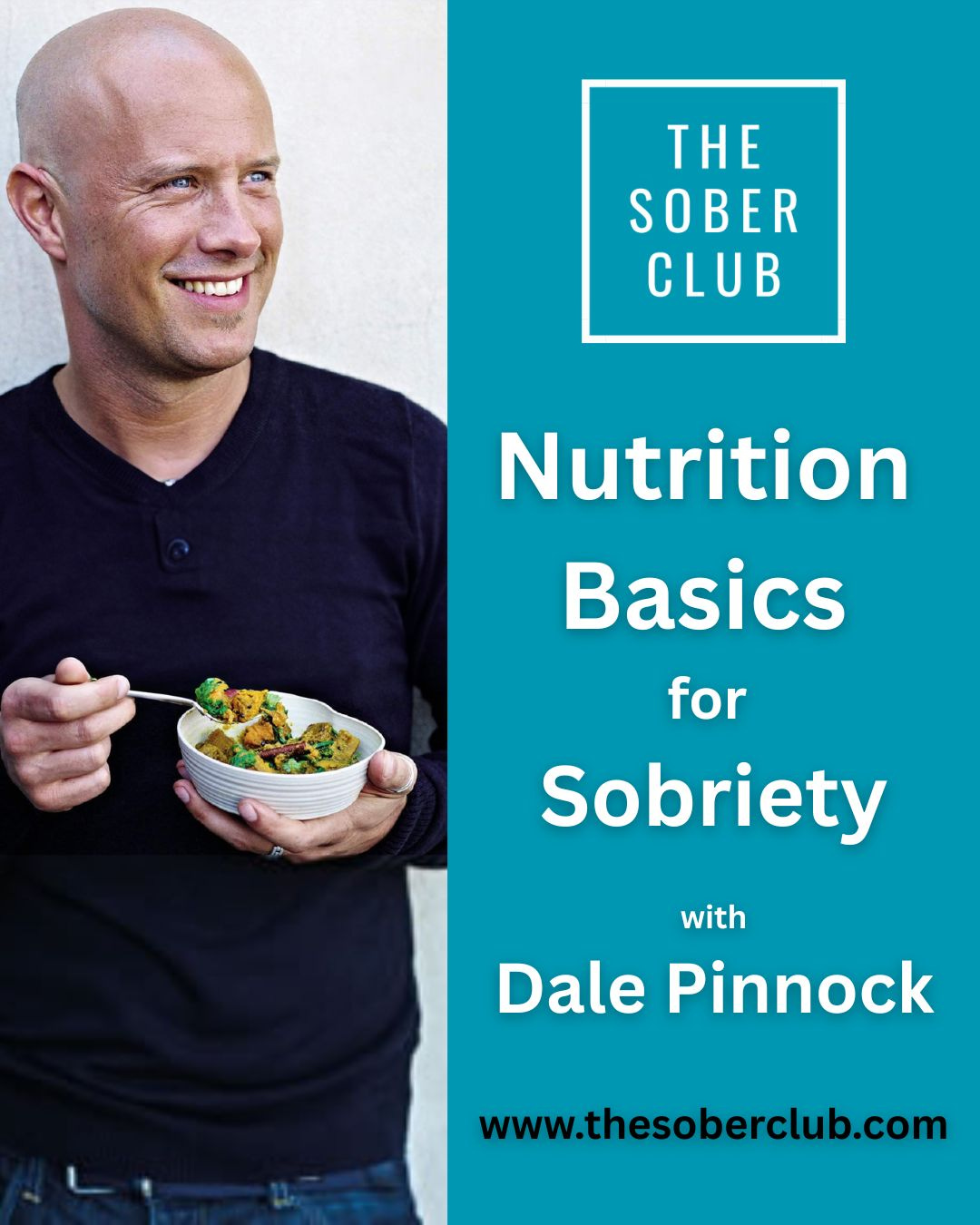If you're on a sober journey, whether you're newly alcohol-free or have been sober for a while. you've probably noticed something strange. You quit drinking, start feeling a bit clearer-headed, maybe sleeping better... but suddenly, you can’t stop thinking about chocolate. Or Haribo. Or toast and jam at 11pm. Sugar cravings? Yeah, they're real.
And there’s a reason for that. When we stop drinking, our brain chemistry goes through a bit of a wobble. Alcohol messes with our neurotransmitters, think serotonin, dopamine and GABA, and when it's gone, your brain looks for other ways to feel good. Cue: sugar, carbs, and comfort food.
The reality is that food massively affects mood, and the right foods can actually help you feel better, faster. It’s not just about willpower, it’s chemistry.
Why You Crave Sugar in Sobriety
Alcohol gives your brain big, artificial hits of dopamine (that pleasure chemical), so when it’s no longer in the system, your brain goes looking for the next best thing. Sugar gives a mini-dopamine boost too, which is why it's often the first thing people reach for in early sobriety. But riding that sugar rollercoaster leads to crashes, irritability, and even more cravings. It can be just as much of a mood swing as booze. Not ideal. (in The Sober Club by the way we have exclusive sessions with William Porter on cravings - which are, in fact, just thoughts, but persistent ones!
Food = Mood (It’s Science)
This is where nutrition becomes your best mate in sobriety. What you eat affects your brain chemistry and therefore your mood, focus, sleep and motivation. It’s not about being perfect, it’s about giving your body what it actually needs to feel good again.
I interviewed the brilliant Julia Ross, author of The Mood Cure, https://amzn.to/43gZmUp and she talks a lot about this. She’s done tons of work around how amino acids and nutrients can support the brain in producing the right neurotransmitters. Her basic premise: if your brain is under-fuelled, you’re going to feel anxious, low, flat or impulsive, and that’s a recipe for relapse.She is a big advocate of ‘Real Food’ - lots of protein and no fad diets, and as she says it is critical, in fact her words were:
‘It’s a medicinal diet’
So what can you eat to help?
The Feel-Good Food Cheat Sheet
Here's a quick run-down of nutrients and the good stuff they help your brain make:
Serotonin (for calm, sleep and contentment)
Helps with: anxiety, insomnia, low mood
Tryptophan-rich foods: turkey, eggs, salmon, tofu, oats, bananas
Bonus tip: Pair with complex carbs (like sweet potato or brown rice) to help with absorption.
Dopamine (for motivation and focus)
Helps with: feeling flat, unmotivated, bored
Tyrosine-rich foods: chicken, eggs, dairy, almonds, avocados, bananas
Also: leafy greens, beetroot and apples
GABA (for relaxation and stress relief)
Helps with: panic, overwhelm, racing thoughts
GABA-supportive foods: broccoli, spinach, sweet potatoes, lentils, fermented foods (hello sauerkraut)
Omega-3s (for brain repair)
Helps with: low mood, mental fatigue
Oily fish (salmon, mackerel, sardines), walnuts, flaxseeds, chia seeds
There are some supplements I usually recommend to everyone in early sobriety too, its too complex to go into here, but a good place to start is to take decent amounts of the right Magnesium Blend, I cannot live without this one from Clive (order anything from his site using this link and a few pennies go to The Sober Club giveback fund, thank you)
Kicking the Sugar Habit (Without Being Miserable)
You don’t have to go full kale warrior. But if you're craving sweet stuff, try these swaps:
Instead of sweets or chocolate: frozen grapes, dates (direct from the freezer too) with almond butter, a couple of squares of high-quality dark chocolate
Instead of white carbs: roast sweet potato wedges, brown rice, quinoa
Instead of sugary cereal: porridge or chia seeds with yoghurt, or kefir and berries, nuts and a drizzle of honey
The trick is to keep your blood sugar steady - that means regular meals with protein, good fats and slow-release carbs. Don’t skip meals, and don't wait until you’re 'hangry'.
A great question to ask yourself is: Am I really wanting sugar? Or is it just that I want some sweetness in my life!
In The Sober Club we have some fantastic expert sessions on nutrition, including one on Sugar Swaps and the importance of good gut health. We have a huge archive called Nutrition and Fitness buzz where we break it all down, plus a session on nutrition basics with TV chef and author of several books, The Medicinal Chef Dale Pinnock and a session on mindset with Janet Thompson
Think of Food as Part of Your Recovery Toolkit
It’s easy to overlook, especially when you’re focused on big emotional shifts or cravings. But honestly, what you put on your plate matters just as much as what’s in your glass. If you're feeling low or edgy, don’t beat yourself up. Ask yourself: have I eaten enough? Have I eaten the right stuff?
You’re rebuilding your brain and your body. That takes nutrients, not just willpower.
So next time the craving hits, try this: drink a big glass of water, eat something nourishing, and wait 20 minutes. You might be surprised how different you feel.
Janey Lee Grace is the founder of The Sober Club, author of Happy Healthy Sober, and trains holistic sober coaches, who are all trained to offer basic nutrition advice for the early days of sobriety.





Definitely got these cravings, I'm all about the very dark chocolate and really good medjool dates